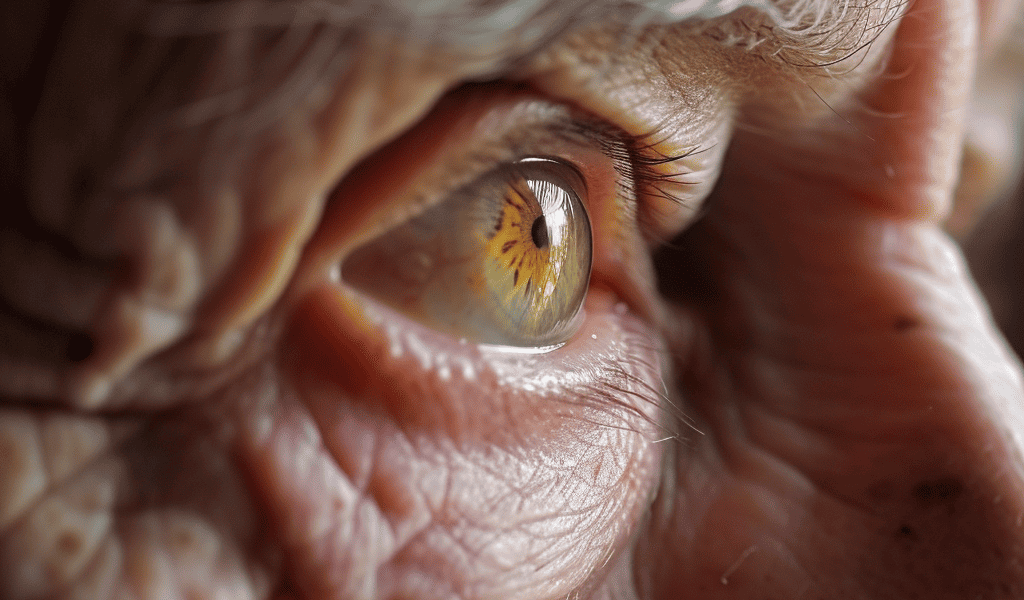Age-related macular degeneration (AMD) is a common cause of vision loss in seniors, affecting millions of people in the United States. However, there is new hope for preserving eyesight in later life, with cutting-edge therapies offering benefits for both the dry and wet types of AMD, according to the American Society of Retina Specialists (ASRS).
AMD affects the macula, a round area at the center of the retina, leading to a gradual loss of central vision while peripheral vision remains normal. Early or intermediate dry AMD can remain stable or slowly degrade vision over time. Symptoms may include difficulty reading in dim light, decreased intensity of colors, and distorted or wavy straight lines.
For patients with advanced dry AMD, known as Geographic Atrophy (GA), there is currently no treatment to prevent vision loss, but two FDA-approved drugs can help slow its progression. Additionally, nutritional supplements such as vitamin C, vitamin E, lutein, zeaxanthin, zinc, and copper have been found to be beneficial for patients with intermediate dry AMD.
Wet AMD, on the other hand, is characterized by the development of abnormal and leaking blood vessels beneath the macula, leading to rapid and severe vision loss. However, new therapies have offered hope for preserving eyesight in both dry and wet AMD, with eye injections and nutritional supplements playing a crucial role in managing the condition.





